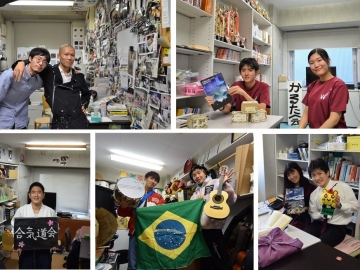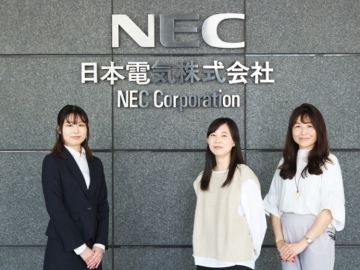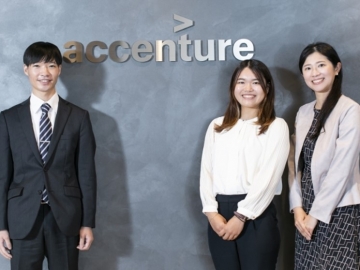Copyright. In an opening address to freshmen by the president of Kyoto University, the president quoted a part of the lyrics in one of Bob Dylan’s songs which was later uploaded onto the university’s webpage. Some time ago, there were plagiarism allegations against the Tokyo Olympics Paralympic Games Organizing Committee over the 2020 Olympics logo. Earlier this year, there was also news on Nintendo suing a Tokyo-based rental go-cart company for renting costumes that resemble those that appear in the popular Mario video game series.
So, what exactly is copyright infringement?
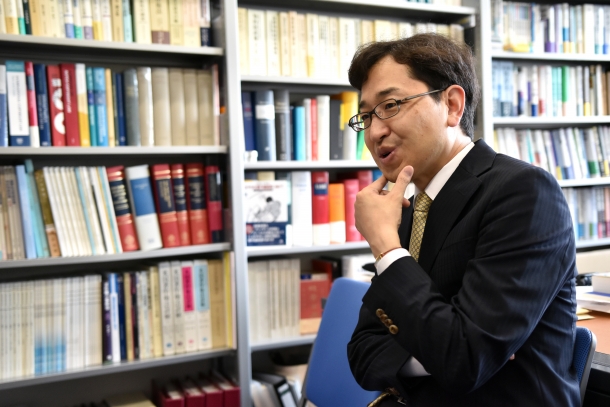
Professor Tatsuhiro Ueno from Graduate School of Law at Waseda University
Grey zone in copyright infringement
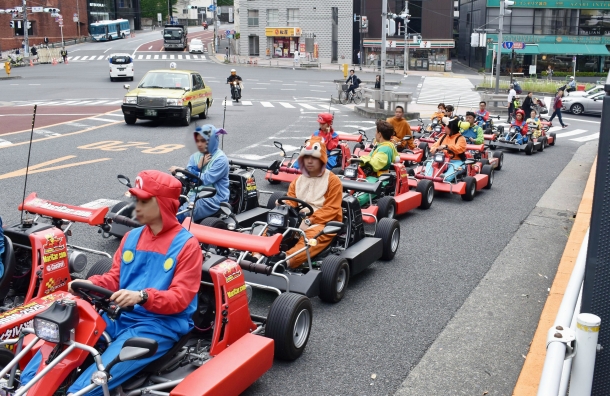
Rental costumes service provided by Tokyo-based rental go-cart company (photo by Kyodo News)
If someone directly copies or comes up with a design that closely resembles popular characters like Rilakkuma or Pikachu for public consumption, it will be deemed as copyright infringement. Having said so, it is often difficult to draw a clear line between what looks similar and what does not. Many in Japan somehow even share a common assumption that someone who copies no more than three verses of a song will not be liable under copyright law. The reasons why grey zone exists lie in the fact that copyright protects intangible property.
Based on the Japanese Copyright Law, Article 32 of Paragraph 1, it is possible to freely use the work of others as long as one cites the work or credits it to the author (e.g. when someone wants to comment on a certain part of a novel essay). Even so, what considers as appropriate citations remains unclear.
Recently, there have been debates on whether providing links to photos or videos (and not uploading these items themselves) on personal blogs is considered as proper citation. Additionally, people are also questioning if is a user is liable for copyright infringement if he or she merely provides links to websites that happen to be violating copyright law. These questions are currently still being debated around the world. Although Copyright Law gets revised every year, it is difficult to keep up with the speed at which technology of the world is developing.
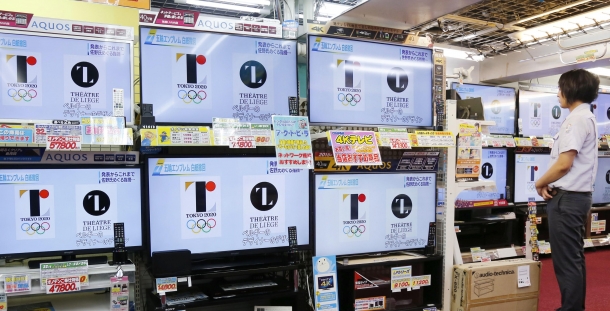
News on plagiarism allegations against the Tokyo Olympics Paralympic Games Organizing Committee over 2020 Olympics logo (photo by Kyodo News)
In Japan, cover songs that are uploaded to social media like YouTube do not usually violate copyright law. However, it is advisable to be careful when uploading a cover in which the original karaoke version of the music is playing at the background as this may infringe neighboring rights of recording companies.
As copyrights and neighboring rights are exclusive rights (in Japan), the authors have the rights to disallow the use of their works in any forms or means. Authors even have the rights to ask individual users to remove any part of their works found on their websites. However, in cases such as photocopying a part of a book for research even without the permission of the author, a charge or fee is usually not imposed on users. This is due to rules and regulations that limit copyrights.
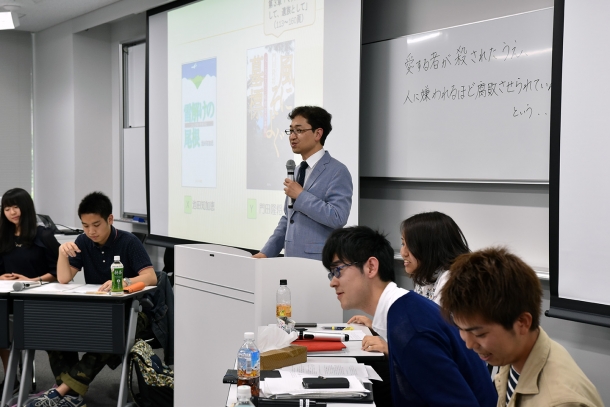
Professor Ueno giving a lecture on copyright law
Under the current copyright law in Japan, works either have exclusive copyrights or zero rights – an all-or-nothing copyright law. As such, there are movements to change exclusive copyrights to remuneration rights to allow greater freedom of use of these works by the general public. This change could also benefit copyright holders as well.
For example, it is very common for professors in universities to make copies newspaper and distribute them to their students in class. Based on the current copyright law, professors are not allowed to upload them on the school servers for students to download. However, after revision of the present copyright law (which is well underway), professors will be able to upload them for download by paying a sum of remuneration.
Striking a balance between protecting authors’ works and enabling them for greater freedom of use
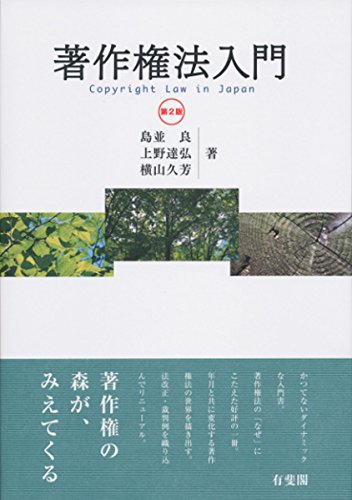
Introduction to Copyright Law in Japan (co-written by Professor Ueno)
Due to the rapid development of the internet, it has become common and easier for people to write blogs, and post photos and videos on social media to share them with people from all around the world. As such, it has also become easier to be caught in violation of copyright law.
Recently, researchers and experts not only question necessities of protecting copyright law, but also try to ways to strike a balance between protecting the rights of copyright holders and allowing their work for greater freedom of use. A right per se, is not something that should be too strong or too weak. As it does affect our daily lives, we should all think about what copyright should be and on what basis it should stand on.

